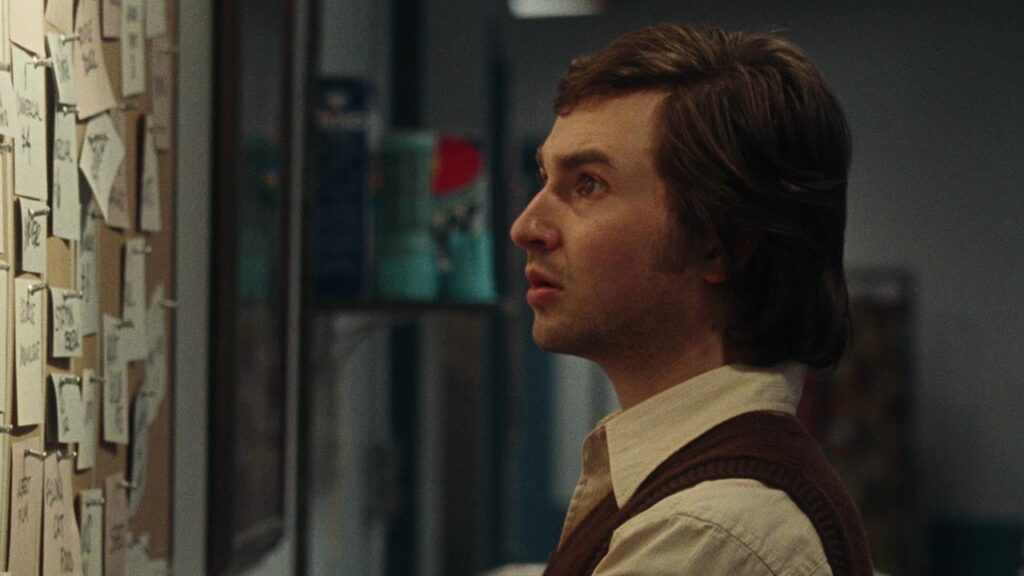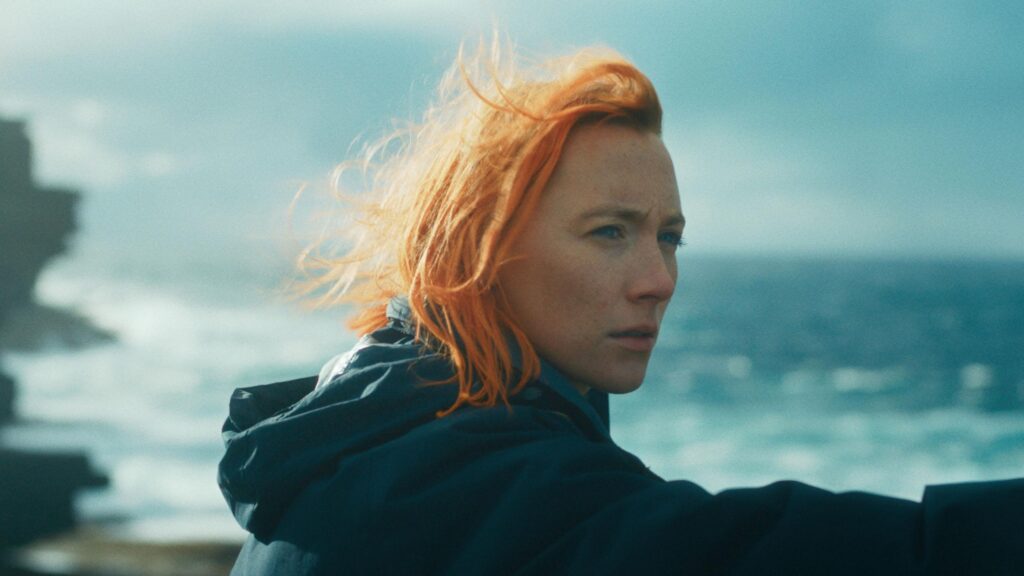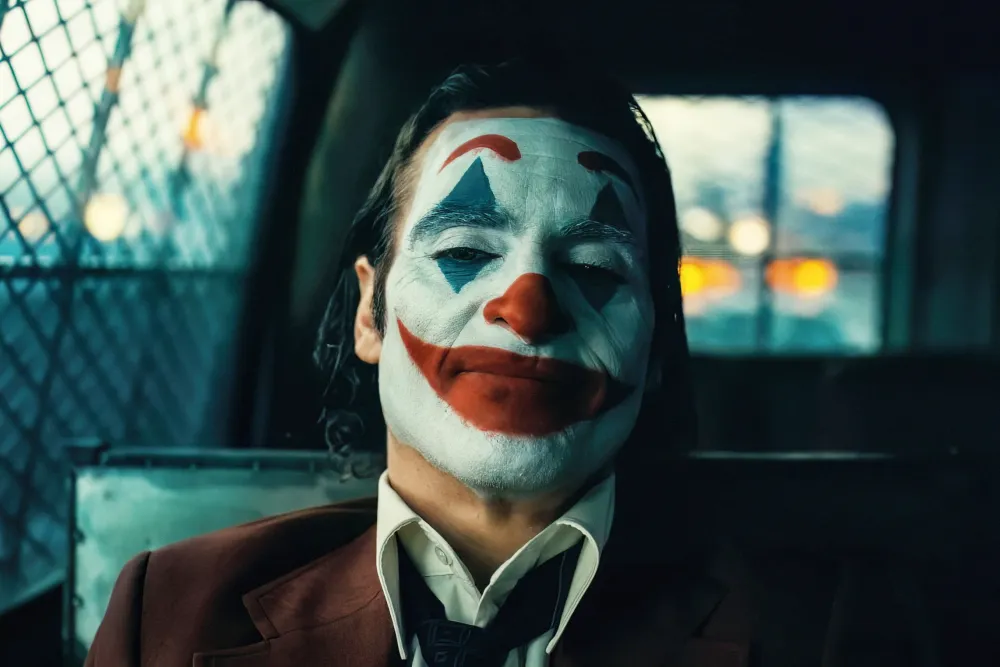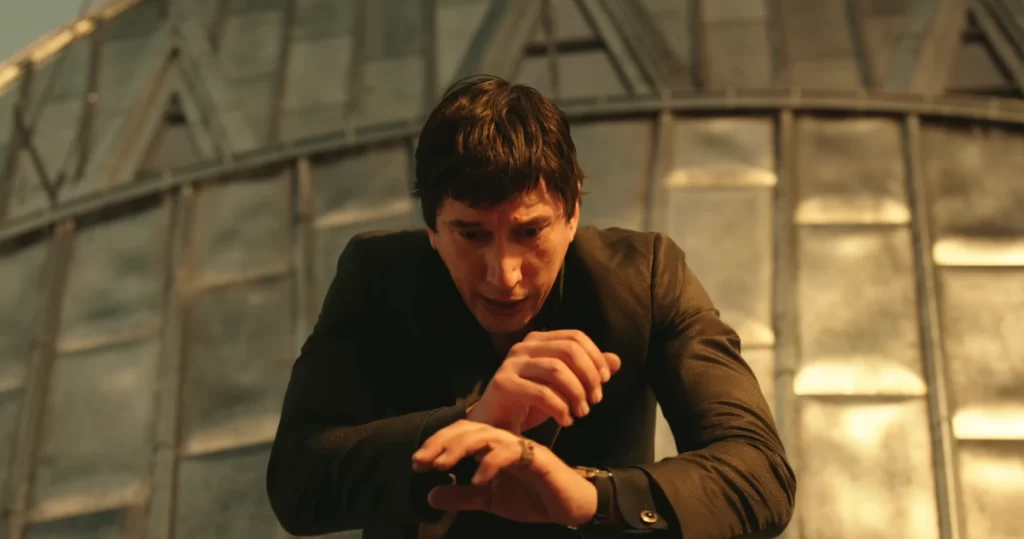Smile 2: Grin and Scare It
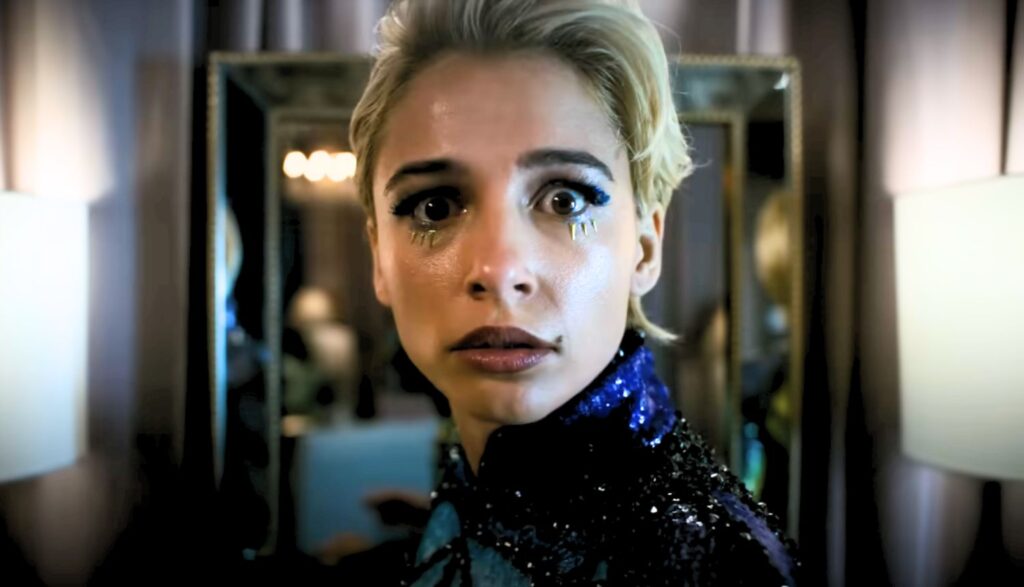
The law of the sequel demands more, and Smile 2 obeys with feverish verve. Louder screams, nastier villains, gnarlier arterial sprays, bigger rictus grins—Parker Finn’s maximalist follow-up to his 2022 horror hit exhibits no interest in half-measures. Its opening set piece concludes with a car crash, a mutilated body, and a trail of blood that stretches the length of the Hudson. From there, things only grow more extreme.
If this description makes Smile 2 sound like a creature of demented excess, well, yes and no. In one sense the movie is wild and manic, delivering countless freak-outs and supplying stomach-churning levels of gore. Yet it is also the product of careful and estimable craft, confirming Finn’s talent for fluid camerawork and creepy imagery. (The returning cinematographer is Charlie Sarroff.) That cold open may be a hectic and hyper-violent sequence of murder and mayhem, but it’s captured in a silky take that draws you in and heightens the desperation, infusing the chaos with clarity as well as intensity. Read More

